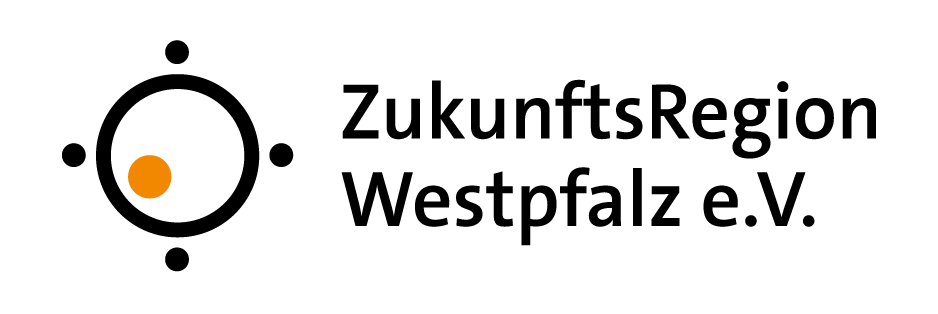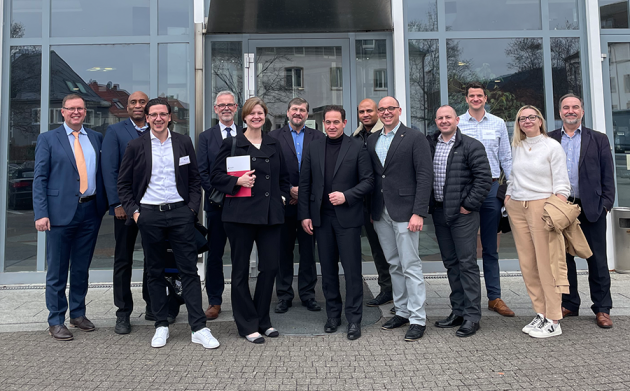The visit at Struktur- und Genehmigungsdirektion Süd (SGD Süd) was the first agency visit in the series of the German-American Leadership Connect meetings, which USAFE participants appreciated and looked forward to discussing leadership issues "from agency to agency."
SGD Süd is an upper state authority of the state of Rhineland-Palatinate whose scope of activities is diverse: trade supervision, water management, waste management, soil protection, nature conservation, etc. Its president, Prof. Dr. Hannes Kopf, makes it clear with practical examples: One of the many tasks is fisheries supervision. SGD Süd is responsible, for example, for preserving biodiversity or protecting the region from flood disasters, such as those that occurred in the Ahrtal in 2021. And in addition to current topics and challenges such as climate change, everything concering the war in Ukraine and lithium shortages, SGD Süd naturally also has to deal with leadership and management issues.
Even though there were no production halls or processes to visit during the meeting: The 3rd Leadership Connect Day in Neustadt offered discussion material on interesting topics in the field of leadership methods that had not been covered before - and even a short visit to the SGD Süd archive in the context of document digitization.
The change to digitalization and the shortage of skilled workers (especially engineers), the topic of home office, change management and pandemic at the same time- not an easy time for SGD Süd, especially for the management level, which had to adapt to the new situation at very short notice. The topic of home office was an important issue for both sides of the participants. Due to the pandemic and the predominant work from home, especially the coordination of the digitization processes, which were pushed forward at SGD Süd during the pandemic, became more difficult.
Currently, working from home is on the decline, yet at SGD South, approximately 30% of employees still work from home each day. The dilemma of the home office debate is obvious, and yet the executives present agree: face-to-face work facilitates communication and the bond with employees can be built better on site in personal conversations. But: the possibility of a home office is a means of making jobs more interesting, they said. The fact is that today, ways have to be found to make jobs in the public sector more attractive. The reason: The change from a "work market" to a "workers market," which means that nowadays companies have to approach employees to convince them of their worth, and no longer the other way around.
Social and generational change is a sensitive issue for both the U.S. and the German side, where both sides see the urgency to find solutions. In particular, to the question: How do you retain employees for a longer period of time?
We would like to thank the representatives of SGD Süd for the reception, the insight into the work of the authorities and the interesting topics of discussion.



